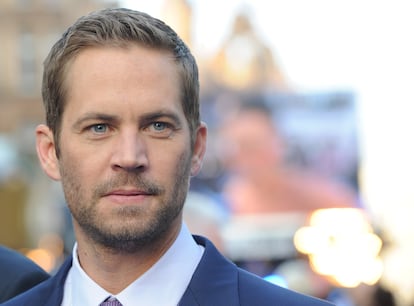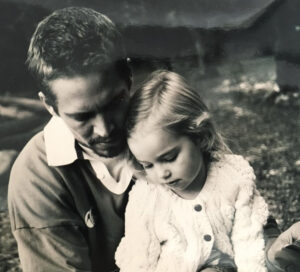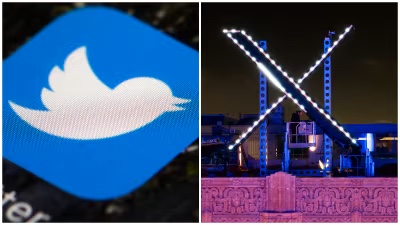Paul Walker’s legacy 10 years after his death
The actor created an organization to help victims of natural disasters in 2010 that is still active thanks to his brother and the ‘Fast & Furious’ actors. His daughter, Meadow Walker, also launched an environmental conservation foundation in his honor

Exactly 10 years ago, Paul Walker (Glendale, California, 1973), star of the blockbuster Fast & Furious franchise, died in a car accident. The actor was traveling as co-pilot in a Porsche Carrera GT that crashed into a pole at 100 miles per hour on a Santa Clarita highway, 50 kilometers north of Hollywood, and then caught fire. He was 40 years old. The driver of the vehicle was his friend, Roger Rodas, a successful financier at Merrill Lynch bank, who also died in the crash. That night, Walker had attended a charity event for the victims of Super Typhoon Haiyan, which hit the Philippines in November 2013, leaving more than 10,000 dead. Walker was the founder of the organization behind the event, Reach Out Worldwide, which he launched after the Haiti earthquakes in 2010, with the intention of providing aid to people affected by natural disasters. The tragic event, which shocked Hollywood, nevertheless overshadowed the performer’s good intentions. The story was too juicy. Although the actor was not behind the wheel, the epitaph seemed to write itself: he lived fast and died young.
Before his death, Paul Walker was in a relationship with Jasmine Pilchard-Gosnell, 23, with whom he lived in Santa Barbara, California. He also lived with his daughter, Meadow Walker, then a 15-year-old teenager from his relationship with Rebecca Soteros. Following his death, his daughter sued Porsche in September 2015. In this legal action, Meadow Walker accused the car manufacturer of skimping on safety measures and held them responsible for the death of her father who, her lawyers alleged, survived the crash but was unable to escape the flames as he was trapped in the vehicle. Porsche replied two months later, denying any liability and claiming that the actor voluntarily assumed the risks of riding in the vehicle and doing so at a speed that experts estimated at about 100 per hour. In April 2016, a judge dismissed that there were manufacturing faults in the car in which he died. That same month in 2016, Meadow Walker was back in the news when a judge ruled that the family of Roger Rodas, the driver who was driving the vehicle, should compensate her with $10 million, as a way of recognizing that the driver did bear some responsibility for the death of the performer, who was at the height of his career. “This amount only covers a portion of the money that Paul Walker would have earned if his life had not been tragically cut short,” Meadow’s lawyer explained to Peoplemagazine at the time.
In September 2015, coinciding with what would have been her father’s 42nd birthday, Meadow, sole heir to an estimated $25 million fortune, announced the creation of the Paul Walker Foundation, an organization dedicated “to acts of goodwill that empower young people and support the ecosystem in which they live.” “Reflecting on my father, I found myself reflecting on his passions,” Meadow herself explained through an Instagram post, which featured her and her father in a photograph. Paul Walker was interested in ocean conservation, having even starred in a National Geographic documentary exploring the life of great white sharks in the Baja California area. “I wanted to start this foundation because I want to share that piece of him with the world. I want to share that part of him with others.” Through the organization, Meadow has embarked on a number of philanthropic efforts, including scholarships to Marine Biology students.


